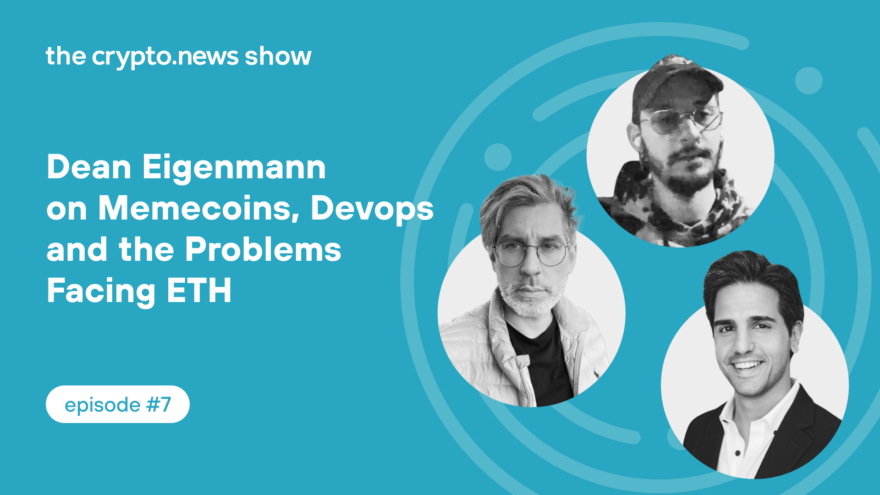Podcast
On The Crypto.News Show, join us weekly as we break down complex topics, discuss game-changing developments, and explore the ideas driving the future of finance and crypto. Our hosts, Dorian Batycka and Tony Noto
Today's Top Stories


On The Crypto.News Show, join us weekly as we break down complex topics, discuss game-changing developments, and explore the ideas driving the future of finance and crypto. Our hosts, Dorian Batycka and Tony Noto

